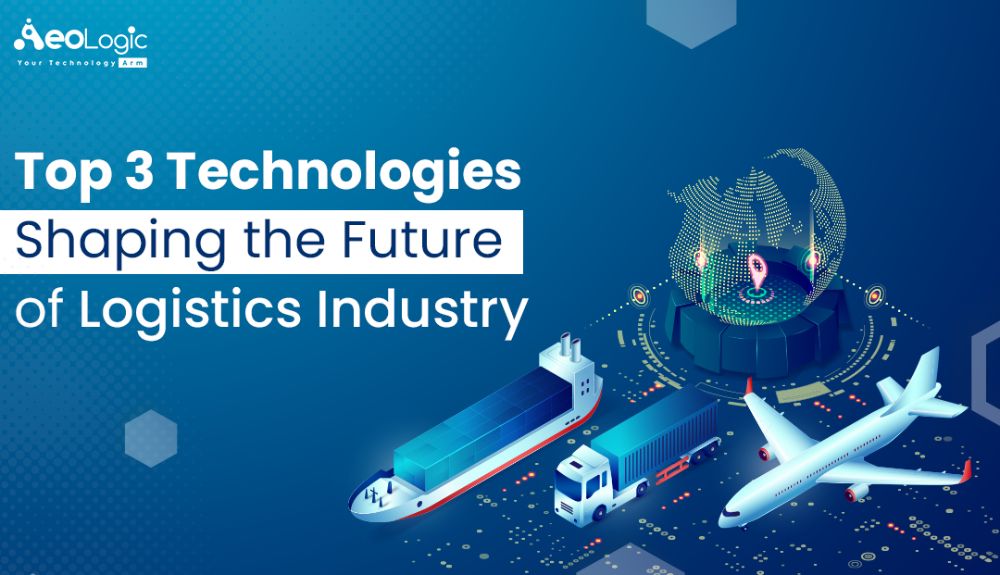We live in a technologically driven world today. Logistics plays an important role in building and running the economy of the country. Technology’s constant evolution has provided numerous opportunities for every business across every industry.
There are various types of technologies available in the market today and all of these technologies help in boosting the optimization of the workflow resulting in increasing the business revenues. This provides the business owners with a good competitive advantage and moreover shapes a better and brighter future of the industry.
In today’s blog, you’ll come to know the phenomenal ways by which out of various technologies these three technologies are giving benefits to the logistics industry.
Future of Logistics Industry by Implementing Technology
The technologies and their benefits are as follows:
1. Radio Frequency Identification (RFID)
From manufacture to delivery, to your facility, whether to prepare a shipment for a client, create packing lists, take inventory or manage returned items, the implementation of RFID technology is a single platform that gives you real-time information and visibility.
Radiofrequency identification (RFID) logistics and inventory systems give you enormous advantages. You’ll be able to take inventory faster than ever, improve your efficiency, reduce costs, eliminate human error, automatically update the ERP system, reduce your necessary stock level, all while seeing a marked improvement in client service satisfaction.
2. Artificial Intelligence (AI)
The implementation of AI software solutions into the supply chain enables to proactively replenish material based on real lead times and supply chain bottlenecks. The operation-centric dashboards alert procurements five times faster when component availability is at risk, start speeding up orders and increasing quantities.
The AI-driven system also knows when to scale back knowing when what and where parts were ordered and delivered in the past helps throughput identify the correct current buffer stocks while incorporating real-time environmental changes. Planners can now use the simple dashboards to ensure critical deliveries bypass bottlenecks early enough to keep operations running smoothly.
3. Cloud Computing
As service revenue becomes a significant part of your revenue stream, it is critical that you have a comprehensive enterprise service solution. Here comes the use of cloud computing solutions to provide full support of enterprise service activity, spanning call centre, field service, and supply chain activities. In today’s highly connected and competitive environment a positive customer experience is crucial, you need to capture, diagnose and resolve your customer’s issues quickly and effectively.
This can be particularly challenging when an issue requires a part and a field service technician to fix the problem. The implementation of cloud services connects your customer’s service and field service activities with your supply chain giving you a complete solution to address parts, ordering parts fulfilment, trunk stock management, service to the briefing, service charges, and invoicing.
Conclusion
To sum up, we will state that the above-mentioned technologies have the capabilities to boost the productivity of the business and will surely shape a better future for the logistics industry but apart from these three technologies mentioned above, there are a lot more technological solutions today’s modern era offers.
Are you looking to implement technology into your logistics business? If yes so please feel free to contact us at support@aeologic.com






